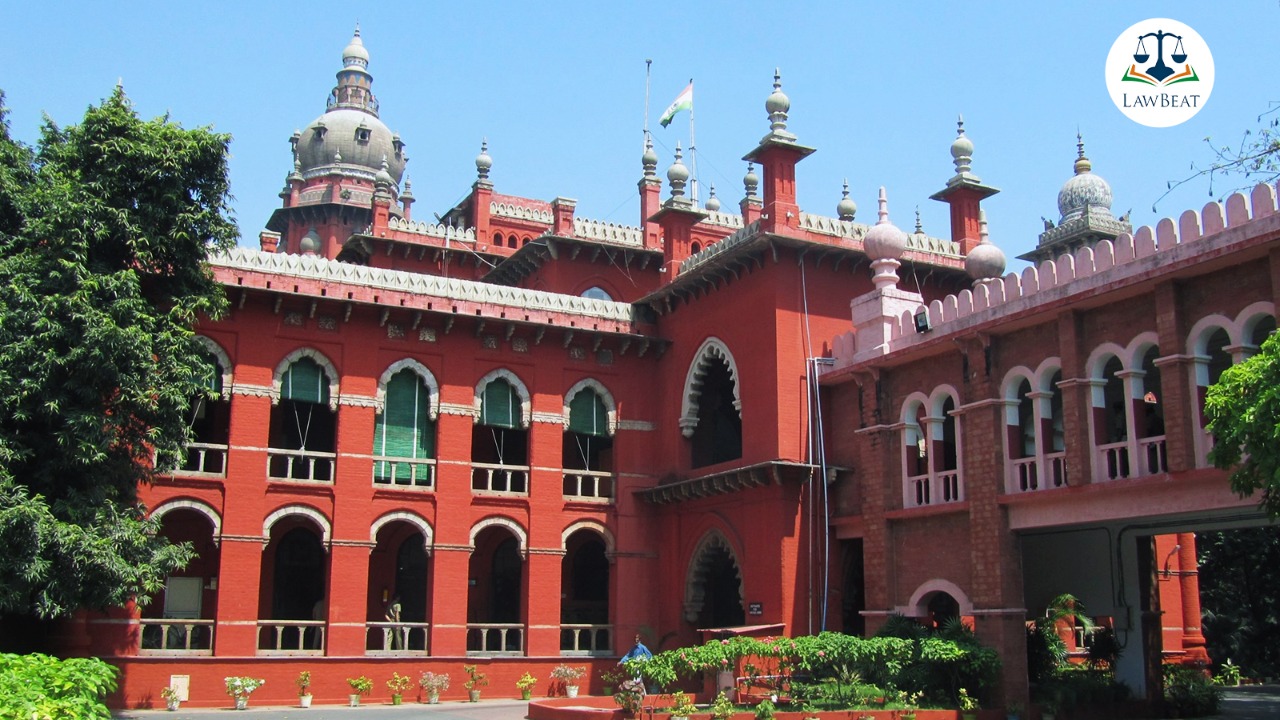"Dam Safety Act against federalism & legislative competence": DMK moves Madras High Courts challenging the Dam Safety Act, 2021

Dravida Munnetra Kazhagam (DMK) has moved the Madras High Court challenging the constitutional validity of Dam Safety Act, 2021 stating that it is against federalism and ultra vires the legislative competence of the Centre.
S Ramalingam, the party MP representing Mayiladuthurai in the Lok Sabha, has moved the petition before the High Court.
On Tuesday, senior counsel P Wilson made a request for the mentioning of the urgent petition before the bench of Acting Chief Justice (ACJ) Munishwar Nath Bhandari and Justice PD Audikesavalu and also sought an early hearing.
The Bench accepted the request for an early hearing of the case and directed the Registry to list the matter for January 10.
He said the writ petition is challenging the vires of the Dam Safety Act 2021 on various grounds including the legislative competence of the Parliament to legislate the Act whereas the subject is in the State’s domain.
“The Act has effect of taking control over all major dams in the state and the Union is taking steps to constitute National Committee on dam safety and National Dam Safety Authority,” he contented.
He further added, “The states will completely be denuded with the control over dams located inside and outside their territory under the Act.”
The plea stated that the impugned (under challenge) Act is a legislation passed by the Union through brute majority to blatantly usurp the States’ power in broad day light when legislators like myself were helpless to prevent the violence done to the Constitution.
He contended that certain terms, including the word ‘dam’ in the Act, had been deliberately defined vaguely to give unbridled power to the Centre to treat any dam as a ‘specified dam’. He also feared that if those definitions were followed, almost all dams in the country would fall under the purview of the Act.
While referring to Entries 17, 18 and 35 of List II (State list) of the seventh schedule of the Constitution, the petitioner contended that dams would squarely fall within the legislative domain of State governments.
“The power of the Centre under Entry 56 of List I (Union list) was only with respect to inter-State rivers or river valleys and nothing more,” he asserted.
“Entry 56 cannot be stretched to include dams and embankments exclusively within the control of the States. Parliament cannot make a declaration in relation to a subject matter of List II entries when such power is conspicuously absent in List I subjects. Power over the subject ‘interstate river and river valley’ cannot be confused with the control over dams,” the petitioner stated.
He further pointed out that the Act provided for criminal prosecution for not obeying directives issued under the legislation.
“State authorities have to face the music under Section 41 if the directions of the Union authorities are not obeyed... Bureaucrats will now be kept under fear and threat which will lead to mechanical compliance of the dictates of the Union Government.”
[Case Title - S. Ramalingam v Union of India]
